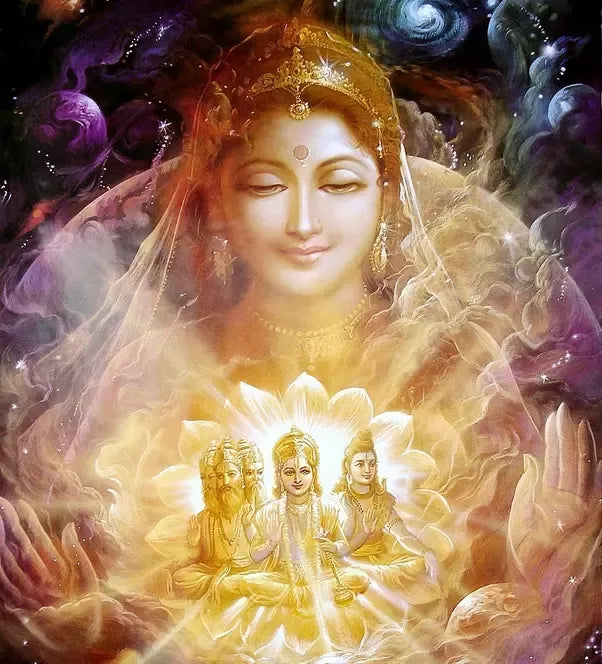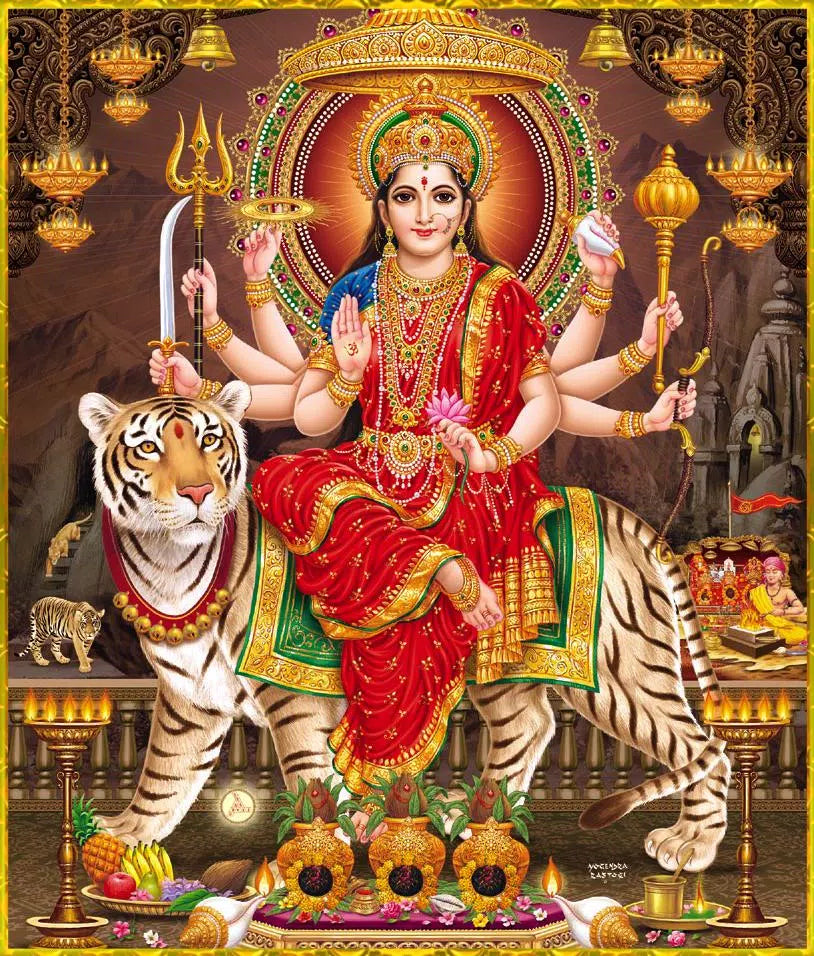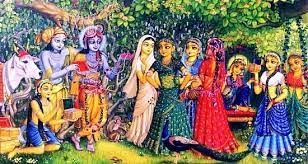
Understanding the concept of maya in Hinduism
Maya is a central concept in Hindu philosophy, particularly in the Advaita Vedanta school of thought. It is a complex and multifaceted concept that is often misunderstood. In this blog, we will explore the concept of maya in Hinduism, its various meanings, and its significance in Hindu philosophy.
The meaning of Maya
Maya is derived from the Sanskrit root "ma", which means to measure or to delude. In Hinduism, maya is often translated as illusion, but this translation can be misleading. Maya refers to the power of the divine to create the material world and make it appear real, while simultaneously being unreal or illusory. In other words, maya is the veil of ignorance that prevents us from seeing the true nature of reality.

According to Hindu philosophy, the universe is a manifestation of the divine and is created through the power of maya. Maya is responsible for creating the illusion of duality and separation, making us believe that we are separate from the divine and from each other.
Different interpretations of Maya

Maya has been interpreted in different ways by different schools of Hindu philosophy. In Advaita Vedanta, maya is seen as an illusion that veils the true nature of reality, which is non-dual and absolute. The material world is seen as an illusion, and the true reality is the absolute consciousness, or Brahman.
In other schools of Hindu philosophy, such as the Samkhya and Yoga schools, maya is seen as the material world itself, which is made up of the three gunas or qualities – sattva, rajas, and tamas. These gunas are responsible for the various aspects of the material world, such as its form, movement, and inertia.
In the Bhakti school of Hinduism, maya is seen as the divine power of illusion that attracts devotees to the divine. It is through maya that the divine is able to manifest in the material world and attract devotees to its divine form.
The role of maya in spiritual practice
Maya plays an important role in spiritual practice, particularly in the Advaita Vedanta school of thought. The goal of spiritual practice is to overcome maya and realize the true nature of reality, which is non-dual and absolute. This realization is known as moksha or liberation.

In order to overcome maya, one must cultivate spiritual practices such as meditation, self-inquiry, and devotion to the divine. These practices help to purify the mind and remove the veil of ignorance that is created by maya.
In the Bhakti school of Hinduism, maya is seen as a tool for spiritual practice. Devotees use maya, or the divine power of illusion, to connect with the divine and cultivate devotion.
Conclusion:
Maya is a central concept in Hindu philosophy and has been interpreted in different ways by different schools of thought. It refers to the power of the divine to create the material world and make it appear real, while simultaneously being unreal or illusory. Maya plays an important role in spiritual practice, particularly in the Advaita Vedanta school of thought, where the goal is to overcome maya and realize the true nature of reality. Through spiritual practices such as meditation, self-inquiry, and devotion to the divine, one can purify the mind and remove the veil of ignorance that is created by maya.
Author
Darshita Nautiyal
(The images used in this podcast are not owned by Anime Devta, they are just to help the readers)

